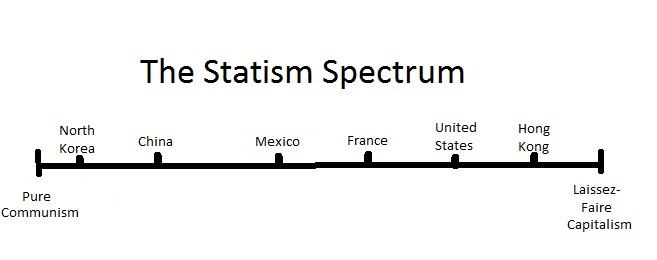Yes, that should be enough to frustrate most anyone: 'an anarchy domesticated into infantilizing commodification.' Couple this to capitalism's ability to homogenize values, a general equivalency of values, and we can have another go of it a la Stockman. What is the value of the question once asked by John Beasley-Murray? : "What is the value at the point of exchange?" We had pondered the question of surplus value and surplus labor earlier in the thread.
'They got paid on account of the "regulatory brand equity" of the major houses; that is, the safe harbor value at the SEC and the plaintiff's bar that Morgan Stanley's blessing, for example, conferred on the typical economically dubious M&A deals undertaken by CEOs and their boards. Likewise, standard equity and bond underwritings were essentially a "best efforts" placement of securities in the public market by dealer cartels.'
(Stockman, p. 388)

